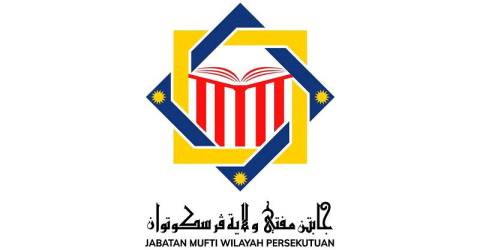Petaling JayaThe Federal Territory Mufti’s Office has advised citizens to check the origins of “ruqya dissolved in water” before purchasing ruqya online to distinguish legitimate ruqya from potentially harmful or misleading claims.
Sahib Samaha Jamali Mohammed Adnan, the ministry’s deputy mufti, said sources must come from reliable authorities and comply with Islamic medical principles.
Ruqyah is the practice of using Quranic verses and prayers prescribed by Prophet Muhammad (SAW) for the treatment of physical and non-physical ailments.
“Islam allows for a variety of alternative methods and healing methods, including the use of Quranic verses. Therefore, the use of ruqya paper as an alternative for spiritual healing and similar purposes is permitted.”
“However, it is essential to take into account certain factors, such as maintaining the sanctity of the Quranic verses and ensuring there is no element of disrespect towards the holy book,” he said.
Jamali was commenting on an online platform advertising a product called “ruqya dissolving water” or “Quran water”, which costs between 156 and 209 ringgit and claims to protect and cure against sihr (black magic), the “evil eye” and jealousy.
The platform also claims to use halal edible paper and ink on its products to differentiate them from other sellers.
Jamali said while Islam allows for such alternative procedures, experienced doctors familiar with Islamic medical practices should be consulted to verify their authenticity and compliance with Islamic principles.
“Seeking advice from scholars and experts specializing in the field of Islamic healing provides additional assurance that the products are legal and in line with Islamic teachings.”
“This two-fold approach helps ensure that products are effective and comply with religious guidelines,” he said, adding that products claiming to be in line with Islamic teachings and practice must ensure that they avoid any elements that may imply or lead to shirk associating the partner with Allah SWT, which is essential to maintain the purity and integrity of Islamic faith and practice.
“It is important that the verses selected to be addressed are authentic and applicable and effectively serve their intended purpose. These practices must also comply with Malaysia’s National Council of Islamic Religious Affairs’ decision to prevent Quranic verses from being exploited for commercial purposes.”
Jamali said that while reproducing Quranic verses, it is important to maintain the sanctity of the Quran and protect the product from contact with impure ink that would taint the sanctity of the text.
He said it was important to make sure the verses were complete and not mixed with heretical or false incantations.
“Mixing Quranic verses with non-Islamic or heretical mantras not only taints its message but also brings disrespect for the (Quran).”
“This preservation of purity and integrity is in line with the commands of Allah SWT, who stresses the importance of maintaining the sanctity and truth of the Quran.”
Jamali said both legally and ethically, the misuse of religious texts and misrepresentation of spiritual practices could have consequences in some jurisdictions.
He said this included verbal words, written comments, visual depictions or any other manner that insults or denigrates Islam, ridicules or mocks Islamic practices or rituals or undermines respect for Sharia law in the Federal Territory.
“In Malaysia, criticism of Islam is considered a serious offence under Sharia law. According to Section 7 of the Sharia Crimes (Federal Territories) Act 1997, any criticism of Islam, its laws or decisions is deemed to be an insult to Islam.”
“Anyone found guilty of such an offence will be liable to a fine of up to RM3,000 or imprisonment of up to two years, or both.”

